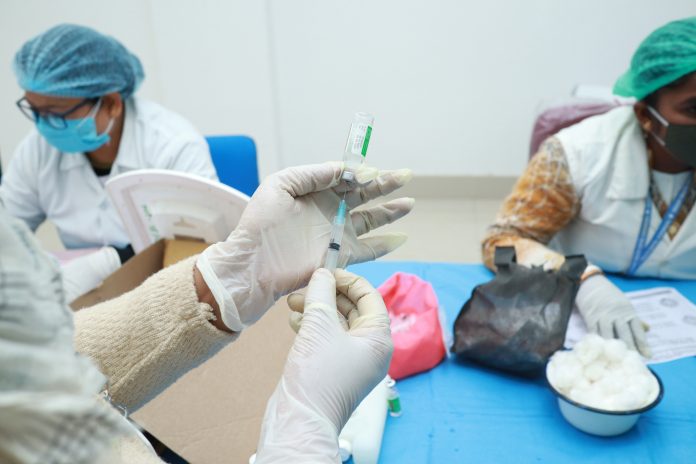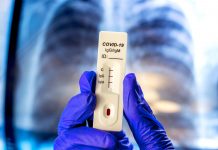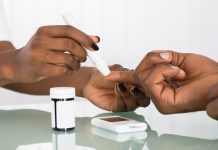A study finds that the risk of myopericarditis after COVID vaccination is low, or equivalent to the risks posed by vaccines against other diseases
What is myopericarditis?
Myopericarditis is a condition that causes inflammation of the heart muscles, which sometimes leads to severe permanent damage. This condition is often causes by viruses, but in very rare situations, occurs after vaccination.
Right now, COVID vaccines are the most discussed in terms of side effects. Entire communities are hesitant to vaccinate either themselves or their children, as a result of early coverage of rare side effects.
However, scientists are struggling to understand if the prevalence of myopericarditis is due to true increase in levels of heart inflammation or because of improved reporting systems and recall bias.
Myocarditis after COVID vaccination 18 times, per million doses
The research team looked at over 20 studies from international databases, with instances of myopericarditis that happened between January 1947 and December 2021. The studies covered the real-world reaction for many vaccinations, from smallpox to influenza.
From this rich database of past reactions, 11 studies looked at COVID-19 vaccinations, covering over 395 million COVID-19 vaccine doses – nearly 300 million of which were mRNA vaccines.
The team found that heart inflammation was found in 18 cases per million doses, which is considered to be relatively low risk. For other viral vaccinations, the rate was 56 per million doses.
People under the age of 30 most likely to experience heart inflammation
So far, there have been some reports of myopericarditis after mRNA-based COVID vaccines – especially in adolescents and young adults.
Those who are most likely to experience myopericarditis after COVID vaccination are under the age of 30, usually male, and usually the recipient of an mRNA vaccine. If it is a second dose, then the likelihood of heart inflammation also increases – going up to 31.1 cases per million doses.














